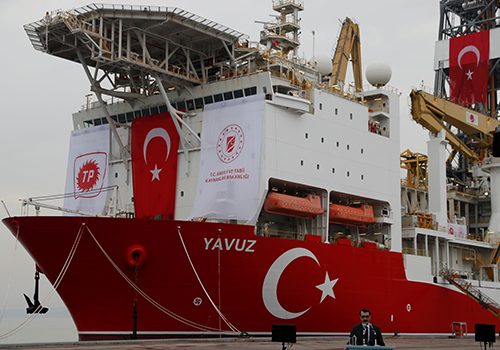This new issue brief by Atlantic Council Senior Fellow Dr. Aaron Stein explores the challenges facing the United States and Europe as Turkish politicians use foreign policy as a tool for populist political gain.
To better understand the relationship between Turkish policy-making and public opinion, the Atlantic Council’s Rafik Hariri Center worked with Metropoll, a Turkey-based independent polling firm, to gauge public opinion about the country’s relationship with its neighbors and allies.
Specifically, the poll asked respondents about NATO’s importance for Turkish security, the European Union accession process, and which European country is Turkey’s closest ally, in order to understand how Turkish citizens view these three interrelated issues and how this may impact governmental policy-making.
This issue brief is divided into four sections: detailing the findings of the opinion poll; how those findings have impacted and will continue to impact Turkish decision-making; the role the economy plays in helping to shape Turkish policy; and the implications of the results for the United States.


